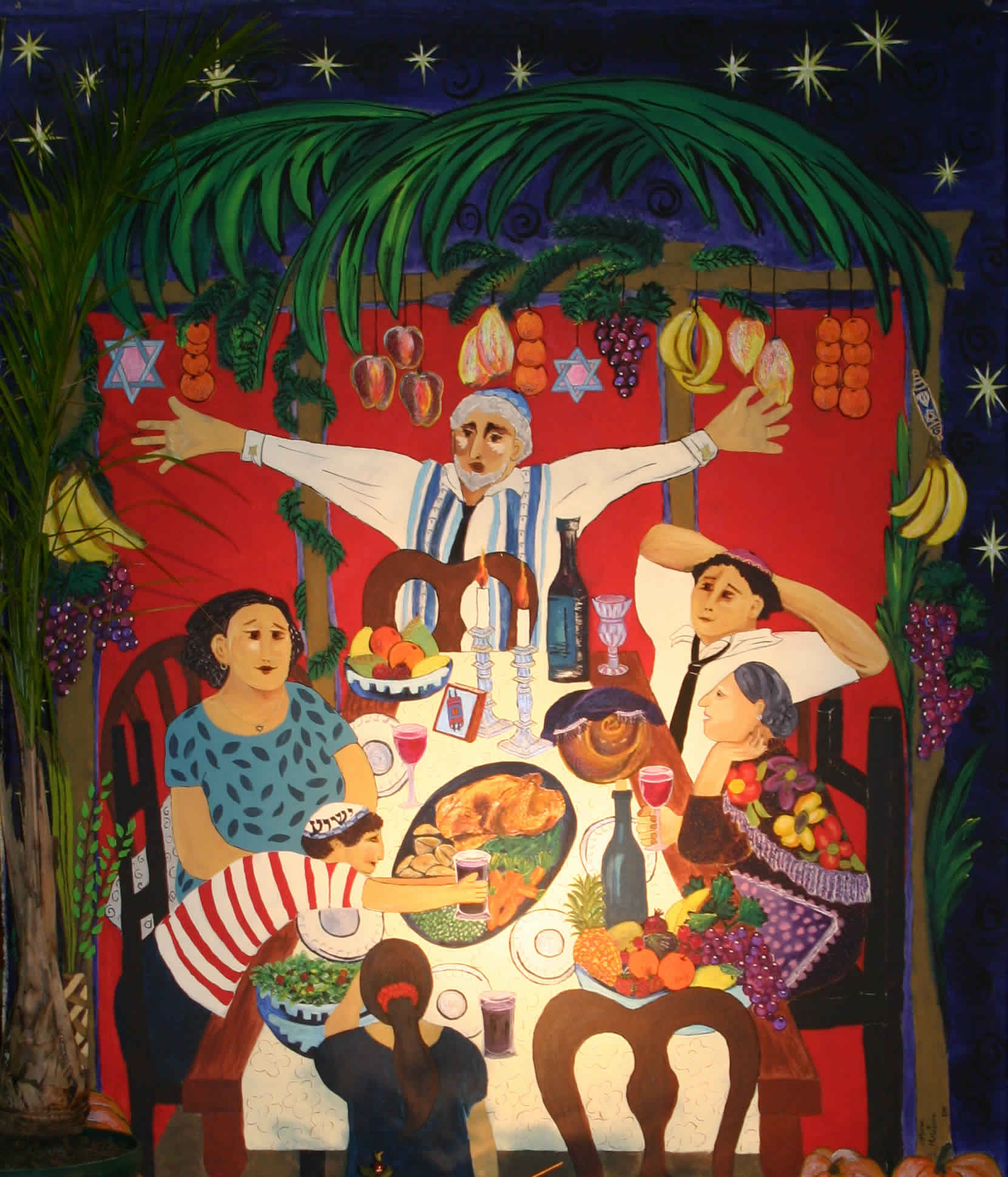
This counts for one of my longer essays.
I have come to understand that a ritual is a rite of some sort, be it a rite of passage or a religious ceremony of some sort whereas a tradition is a belief, custom, or legend that is passed down throughout the generations. The interconnectedness of the two terms combined with the religious ties that both definitions refer to inspired me in revitalizing a tradition that died within my family three generations ago.
My maternal great-grandparents were both Belorussian Jews who immigrated to Moscow to escape the ghetto system of life and for better work opportunities. They secured positions in an airplane manufacturing company that relocated to Siberia in order to evade the Nazi threat to Moscow during World War II. The rest of their respective families weren’t so lucky: my great-grandpa and one sister were the only living members of a 10 children household and my great-grandma was the sole survivor of her 19 siblings. Bitterness from their families’ pointless deaths combined with the (then) Soviet Union’s anti-religion policy caused my ancestors to abandon all religious aspects of their Judaism – they became atheists.
The atheistic tradition continued on until my mother got baptized into the Seventh-day Adventist Church. We attended church regularly and we were glad for the strong community and theological foundation of the church, yet there was still something missing and that something turned out to be rooted in the tradition and heritage that my great-grandparents left behind, our Jewish heritage. My family and I have decided to keep the feasts in an attempt to have a closer walk with God and to continue the ritual that got cut off as an indirect result of the Holocaust and communism.
One such feast is Sukkot, the Festival of Booths. This is a ritual that has been embedded into the fabric of my family’s life and one that I intend to keep and pass on through the generations. Sukkot is a festival of celebration in which all the people live in temporary dwellings, commemorating the Israelites’ time of wandering in the desert. This feast is a celebratory holiday following Yom Kippur, the Day of Atonement.
While Sukkot does call for a citron, a date palm branch, willow twigs, and myrtle twigs, little else is needed. It is not a commercial holiday by any means of the word – its intent is to go out to celebrate with Yahweh, to reconnect with one’s creator and sustainer. The holiday is a wilderness experience, a time to celebrate the completion of atonement, of remembering God’s love for His people, whom He guided safely through the wilderness. To me, Sukkot is a time of drawing near to God and family, it is not based in gift-giving and commercialism. The feasts are going to be one ritual that can bring my loved ones together and draw each one of us nearer to God.
No comments:
Post a Comment